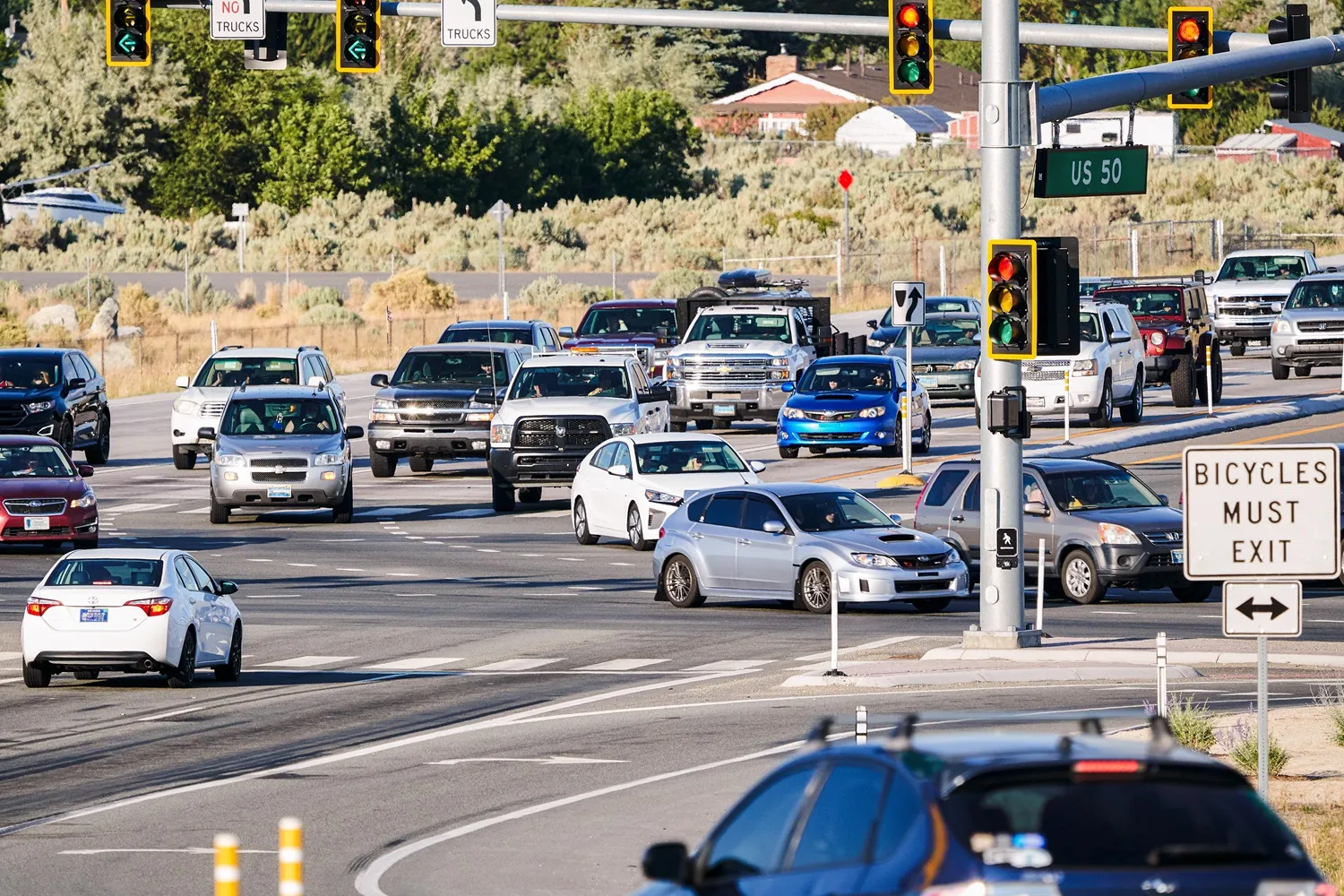Security specialist
As cars are increasingly turned into open environments due to advances in connectivity, the threat of data theft has risen.
Niels Haverkorn, general manager of connected transport at Irdeto, says: “We are partnering with Access to create a complete and secure ecosystem, which means that V2X communications can be secured so data transmitted from one device to the next cannot be intercepted and tampered with.”
The partnership will “leverage expertise” when it comes to building secure environments to protect possible vulnerabilities such as telematics engine control units and Vehicle to Infrastructure roadside units.
“This multi-layered security strategy allows car manufacturers to identify weak links and block any attack, thus providing a safe and reliable driving experience for consumers,” the companies said in a statement.
Haverkorn warns: “Without these measures, secure communication channels could be used by attackers to send malicious information into the ecosystem, with potentially damaging results for the driver and passengers.”
Meanwhile, increasingly wide-reaching in-car information and entertainment systems are a potential goldmine for hackers seeking to pirate copyrighted material such as movies and games.
“Our partnership with Irdeto enables us to confidently solve this challenge, especially for high value content such as live sports and premium video offerings,” insists Dr. Neale Foster, CEO at Access Europe.
Access and Irdeto partner to protect in-car data and services
Security specialist Irdeto has teamed up with Access Co to develop protection for the increasing amount of personal data that is generated by Wi-Fi, Bluetooth and Vehicle to Everything (V2X) communication.
As cars are increasingly turned into open environments due to advances in connectivity, the threat of data theft has risen.
Niels Haverkorn, general manager of connected transport at Irdeto, says: “We are partnering with Access to create a complete and secure ecosystem, which means that V2X communicatio
January 22, 2019
Read time: 2 mins









